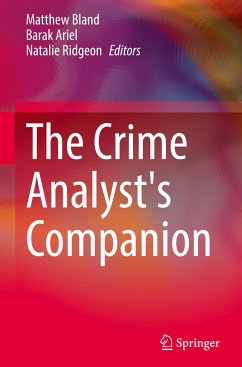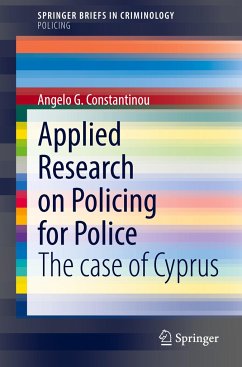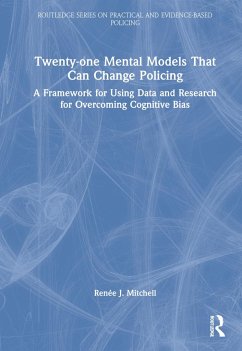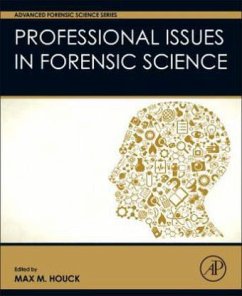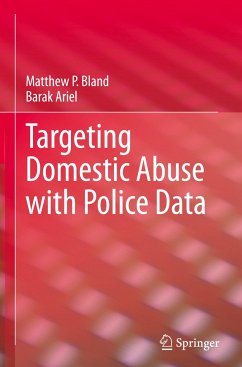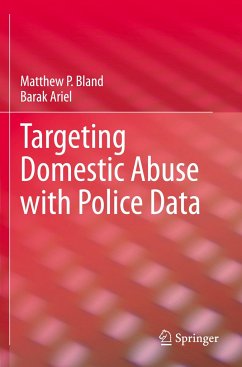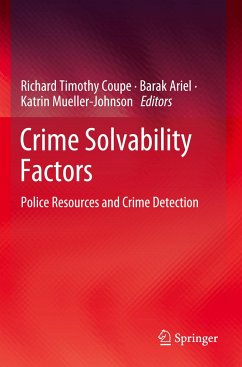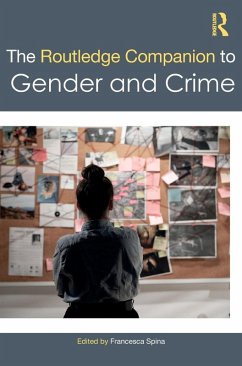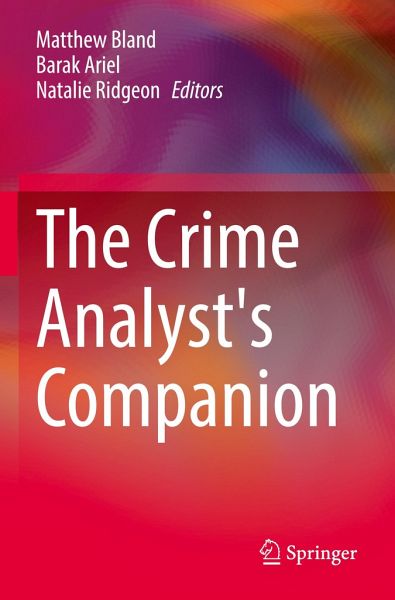
The Crime Analyst's Companion
Versandkostenfrei!
Versandfertig in 6-10 Tagen
113,99 €
inkl. MwSt.

PAYBACK Punkte
57 °P sammeln!
This volume presents a collection of essays from experienced crime analysts from around the world. It explores themes relevant to anyone embarking on, or already into a career in crime analysis.Divided into two sections, this book addresses technical issues central to the profession, from collection of data to presenting findings to reluctant audiences. It incorporates a collection of methodological case studies, demonstrating the ways analysis has made a meaningful difference to policing and security.This volume is intended for scholars who study and work with crime analysts, the global commu...
This volume presents a collection of essays from experienced crime analysts from around the world. It explores themes relevant to anyone embarking on, or already into a career in crime analysis.
Divided into two sections, this book addresses technical issues central to the profession, from collection of data to presenting findings to reluctant audiences. It incorporates a collection of methodological case studies, demonstrating the ways analysis has made a meaningful difference to policing and security.
This volume is intended for scholars who study and work with crime analysts, the global community of undergraduate and graduate students who may take one of these roles in the future, and law enforcement.
Divided into two sections, this book addresses technical issues central to the profession, from collection of data to presenting findings to reluctant audiences. It incorporates a collection of methodological case studies, demonstrating the ways analysis has made a meaningful difference to policing and security.
This volume is intended for scholars who study and work with crime analysts, the global community of undergraduate and graduate students who may take one of these roles in the future, and law enforcement.





